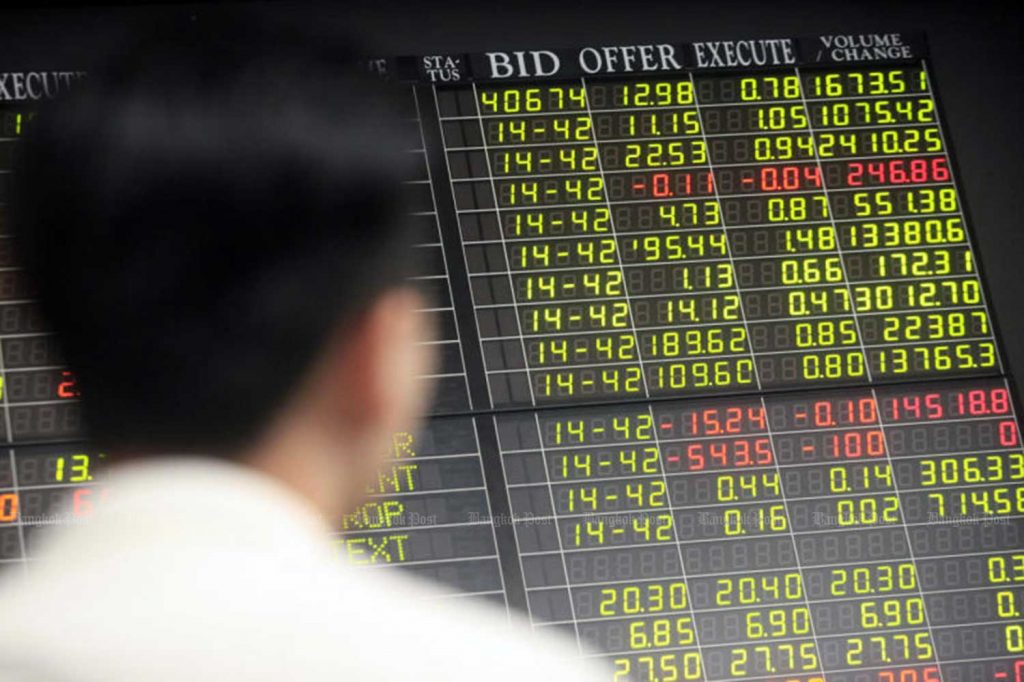
Asia-Pacific markets traded mixed Friday, with some indexes shedding gains, ahead of the U.S. jobs report due later in the day that might provide some indication on what the Fed could do next.
Japan’s Nikkei 225 gave up most of its gains to close 0.09% higher at 29,357.82 while the Topix index added 0.29% to 1,933.05.
In South Korea, the Kospi advanced 0.58% to 3,197.20 while in Australia, the benchmark ASX 200 gained 0.27% to 7,080.80 as major banks and miners rose.
Taiwan’s Taiex added 1.71% to 17,285 but Hong Kong’s Hang Seng Index gave up earlier gains to close down 0.09% at 28,610.65.
In Singapore, the Straits Times Index added 0.91% in late-afternoon trade. Shares of Singapore Press Holdings, publisher of the city-state’s daily broadsheet the Straits Times, tumbled 14.53%.
SPH, which also has a real estate business, said Thursday it will spin off its troubled media business into a not-for-profit entity.
Chinese mainland shares were unable to hold on to earlier gains: The Shanghai composite closed down 0.65% at 3,418.87 while the Shenzhen component lost 1.95% to 13,933.81.
Friday’s session followed overnight moves on Wall Street where major U.S. indexes advanced following a better-than-expected reading on jobless claims.
“There was limited movement in equity markets overnight, as relatively strong economic data were offset by news the Biden administration is likely to keep some Trump-era limits on US investments in some Chinese companies,” ANZ analysts wrote in a morning note.
Investors will be looking ahead to the U.S. nonfarm payroll count for April due Friday — economists expect as many as 1 million payrolls were added last month and the unemployment rate likely fell from 6% to 5.8%.
As one of the most influential economic reports in global financial markets, the April jobs numbers will carry more importance as it may indicate what the U.S. Federal Reserve may do next. The U.S. central bank has pledged to keep its zero rates policy and other easing measures in place until it believes the labor market is strong and inflation is hotter.
Currencies and oil
The U.S. dollar fell 0.14% to 90.827 against a basket of its peers, falling from a level above 91.200 in the previous session.
Elsewhere, the Japanese yen changed hands at 109.14 per dollar as it stayed relatively rangebound this week. The Australian dollar traded down 0.12% at $0.7770.
Oil prices wavered Thursday during Asian trading hours. U.S. crude futures traded down 0.06% at $64.67 per barrel while global benchmark Brent was little changed at $68.10. Overnight, prices fell more than 1%.
ANZ analysts said that the uneven recovery from the coronavirus pandemic is causing the market to reflect on the outlook.
“While demand in major markets such as Europe and North American are recovering strongly, a new wave of Covid-19 cases is raising concerns about demand in Asia,” they wrote, adding, “This is likely to keep a lid on prices until there is more clarity around the impact new restrictions in countries like India is having on demand.”























